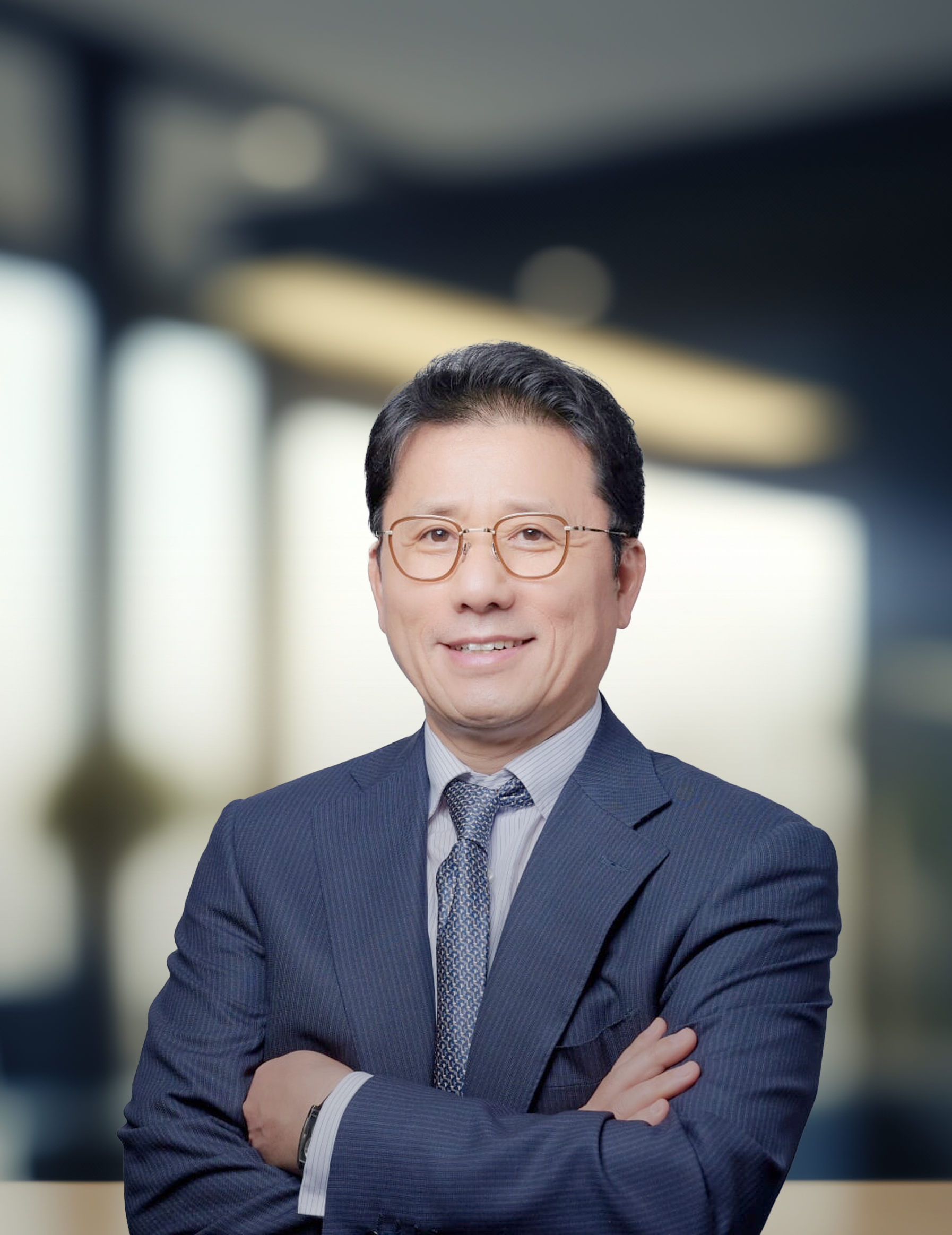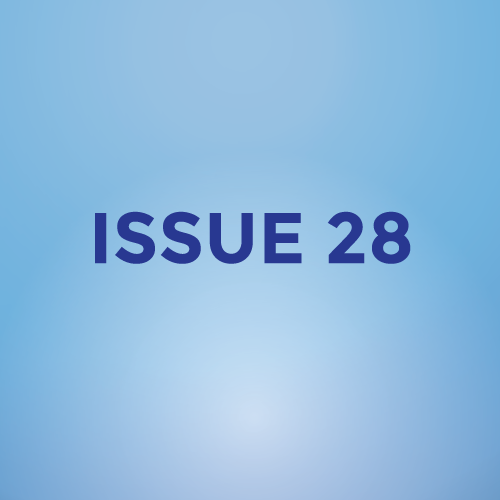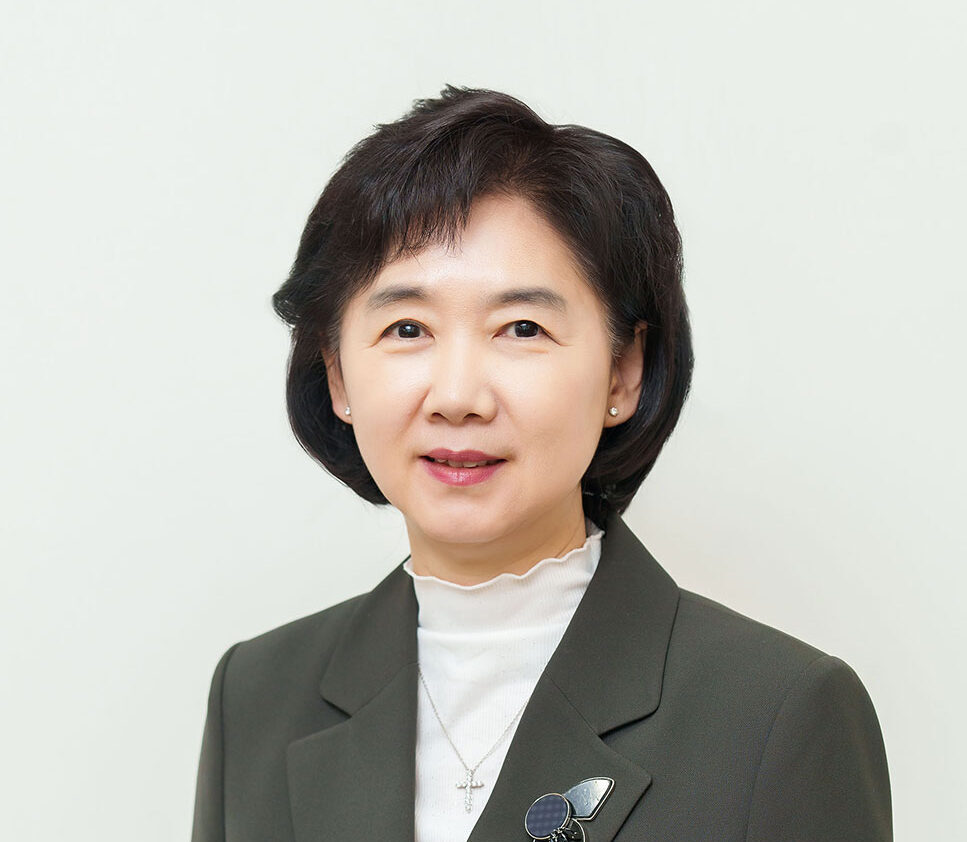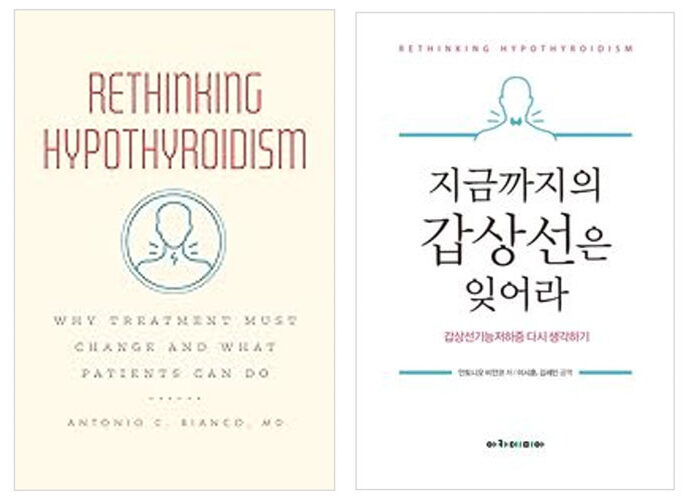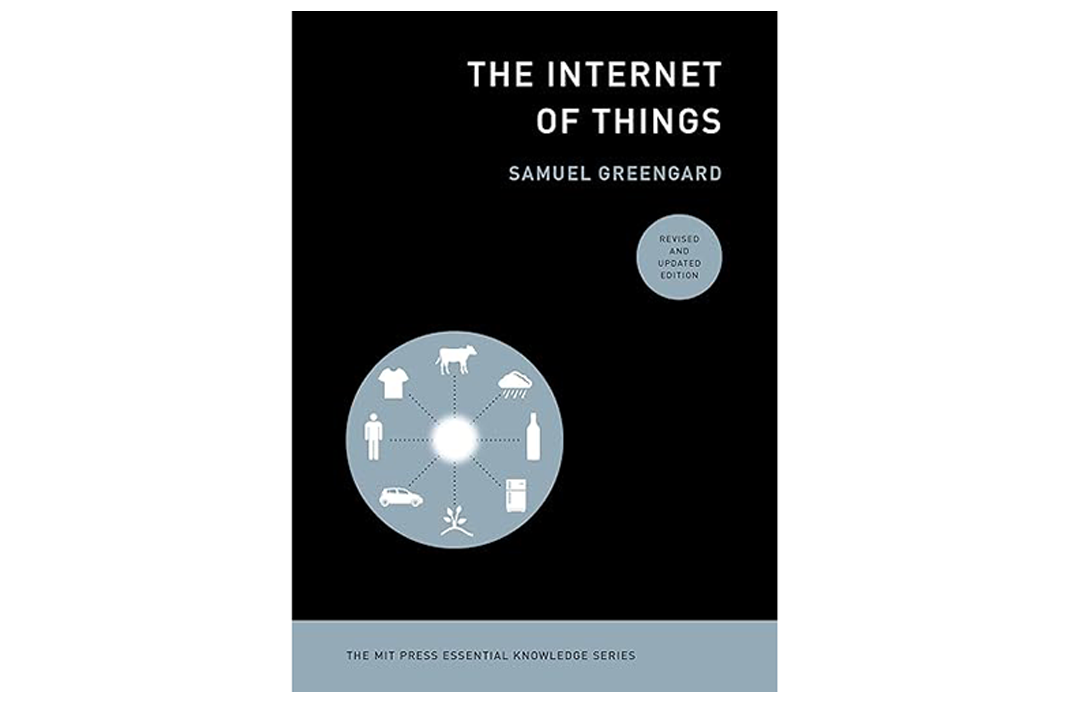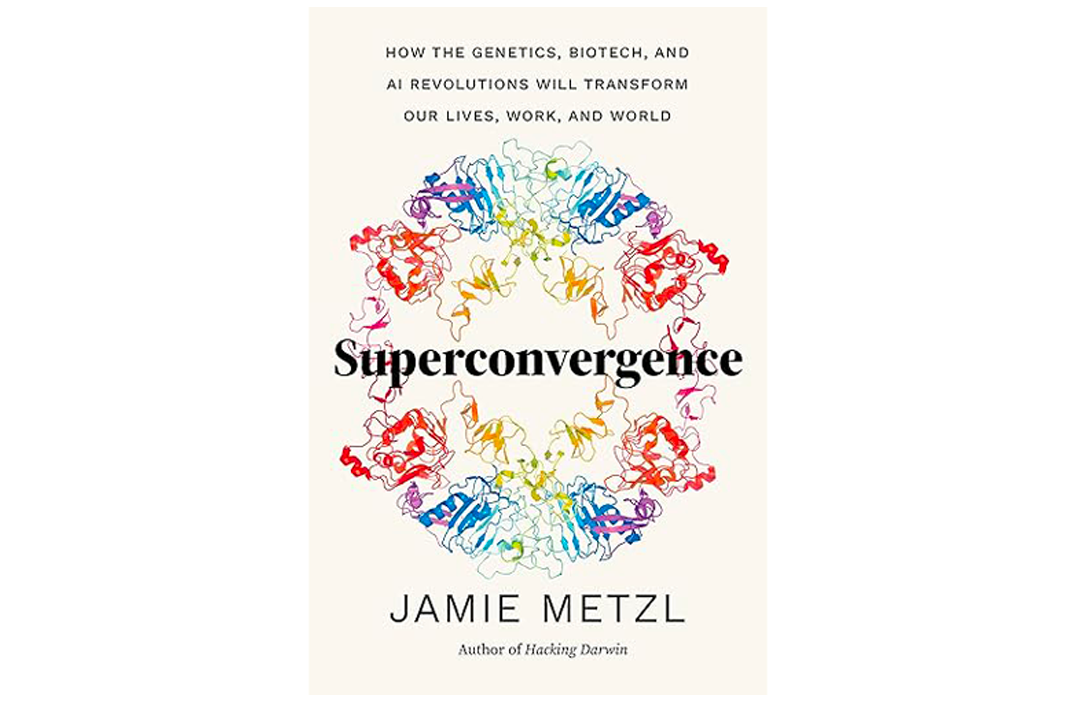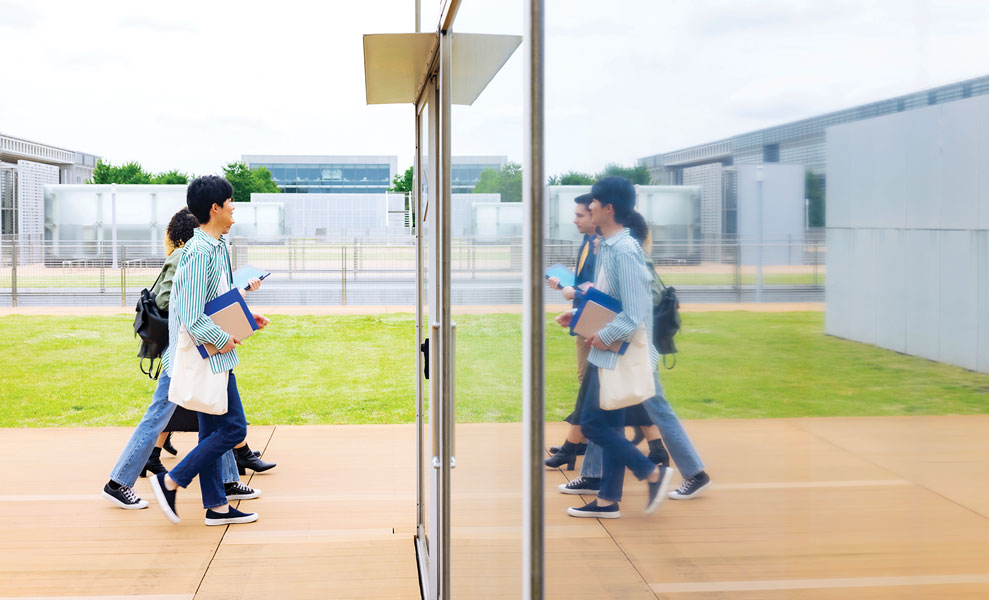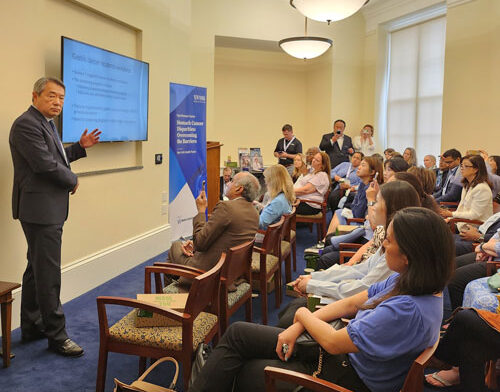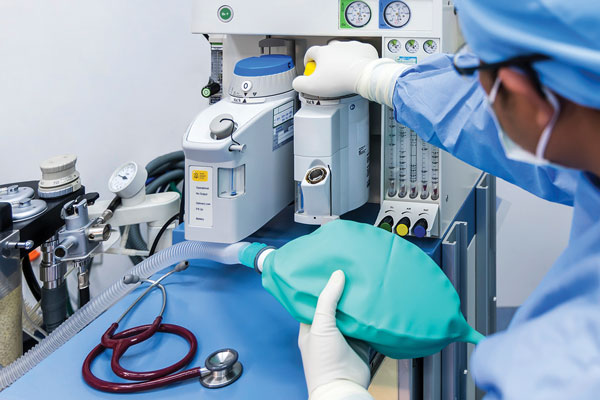 An interview with Dr. Joe McMenamin, our Editor-in-Chief for NexBioHealth, has had a remarkable career that bridges the fields of medicine and law. Starting as an ER doctor, Dr. McMenamin later transitioned to a successful career in law. His unique experiences offer valuable insights, particularly for those in medicine who have an interest in law. In this interview, we delve into his career transitions, the intersection of medicine and law, and the advice he has for young professionals.
An interview with Dr. Joe McMenamin, our Editor-in-Chief for NexBioHealth, has had a remarkable career that bridges the fields of medicine and law. Starting as an ER doctor, Dr. McMenamin later transitioned to a successful career in law. His unique experiences offer valuable insights, particularly for those in medicine who have an interest in law. In this interview, we delve into his career transitions, the intersection of medicine and law, and the advice he has for young professionals.
- April 1, 2024
Kyoung Ryul Lee, MD, PhD, CEO of the SCL Group, Seoul Clinical Laboratory, a Specialist in Laboratory Medicine
Kyoung Ryul Lee, MD, PhD, CEO of the SCL Group, Seoul Clinical Laboratory, a Specialist in Laboratory Medicine What motivated your decision to attend medical school and become a physician? Could you share some particularly
- August 5, 2024
ISSUE 28
FROM THE PUBLISHER W elcome to the 28th edition of the World Asian Medical Journal. This issue encompasses a captivating cover story featuring an interview with Dr. Huang, a distinguished medical professional whose journey from
- August 5, 2024
Youngmee Jee, MD, PhD | Inspirational Asian Healthcare Leader
INSPIRATIONAL ASIAN HEALTHCARE LEADER Youngmee Jee, MD, PhD Commissioner of Korea Disease Control and Prevention Agency INTERVIEW 01 Tell us how you decided to pursue a career in medicine. How did you choose your specialty?
- September 21, 2024
Rethinking Hypothyroidism
Rethinking Hypothyroidism: Why Treatment Must Change and What Patients Can Do Author: Antonio C. Bianco, MD Translated by: Semin Kim, MD & Sihoon Lee, MD About the book “Rethinking Hypothyroidism” The limitations of current
- October 1, 2024
The Internet of Things (Revision 2021)
Purchase LinkThe Internet of Things (Revision 2021) Author: Sam Greengard We turn on the lights in our house from a desk in an office miles away. Our refrigerator alerts us to buy milk on the
- October 1, 2024
Superconvergence
Purchase LinkSuperconvergence Author: Jamie Metzl In Superconvergence, leading futurist and OneShared World founder Jamie Metzl explores how artificial intelligence, genome sequencing, gene editing, and other revolutionary technologies are transforming our lives, world, and future. These
- October 12, 2024
The Strategic Importance of Location in the U.S. for Foreign Bio and Pharma Companies
The Strategic Importance of Location in the U.S. for Foreign Bio and Pharma Companies DoHyun Cho, PhD (CEO, W Medical Strategy Group) The U.S. Market: A Cornerstone of Global Expansion For pharmaceutical and biotech companies,
- October 12, 2024
South Korea’s Healthcare Crisis: Beyond the Numbers
South Korea’s Healthcare Crisis: Beyond the Numbers Dongju Shin, Dong-Jin Shin INTRODUCTION The South Korean healthcare system has recently plunged into a significant crisis following a February 2024 announcement by the government to increase medical
- October 14, 2024
Overcoming Disparities in Gastric Cancer Care
Overcoming Disparities in Gastric Cancer Care Chul S. Hyun, MD, PhD, MPH Gastric Cancer and Prevention Screening Program, Yale School of Medicine, New Haven, CT Gastric cancer is the fifth most common cancer worldwide,
- October 15, 2024
The Global OR – An Introduction to Global Surgery
The Global OR – An Introduction to Global Surgery Kee B. Park, MD, MPH, Dawn Poh, MBBS, MRes Introduction An estimated 5 billion people worldwide lack access to timely, affordable, and safe surgical care, including
- October 18, 2024
- Journey in Medicine
Beyond the White Coat
Q&A
01
Career Beginnings
What initially drew you to a career in medicine, and how was your experience working as an ER doctor?
Physicians have always been my heroes. Human life is my highest value, and in no other profession is that value so well and directly served. Medicine is a noble calling, an opportunity to make a real difference in people’s lives, and a chance to combine scientific rigor with humanitarian ideals. I am proud to have been permitted to become a physician.
When I was in training, emergency medicine was a brand-new specialty. Very few doctors had been formally trained in it. That made it possible for me to provide emergency care even though I was an internal medicine resident. I continued in emergency medicine as a law student, enabling me to maintain some level of clinical proficiency while bearing the costs of a protracted education. The work was invaluable as a way to develop a clearer understanding of the private practice setting and of the ways patients utilize and understand available services. It was a source of continuing astonishment, for example, to observe patients who had absolutely no need of emergent care gravitate toward the ED anyway, while some others, in dire straits, refused to come in despite grave risk to their health and even survival.
Working in the ED also taught a life lesson I continue to benefit from today: Know what you know. When what’s needed exceeds that, get help.
02
Transition to Law
What inspired your shift from medicine to law? Did you always consider becoming a lawyer, or did this interest develop later in your career?
I am an avid, lifelong reader. In 7th grade, or thereabouts, I read a science fiction novel about a Martian who came to earth, where his host was a physician-attorney. I do not generally gravitate towards sci-fi, then or now, and I forget most of the book. What I remember, however, is how astonished and intrigued I was by the concept of a doctor who was also a lawyer. I thought about that possibility on-and-off for years, all through college, med school, and residency. It took a long time to make the decision. In fact, as I entered my third and final year of residency, I began applying, simultaneously, to nephrology fellowship and to law schools.
Can you describe the key moments or factors that led you to pursue law, and what challenges did you encounter during this transition?
I had three main reasons to become a lawyer. First, I decided that, given my set of strengths and weaknesses, I had a better chance of making a real difference as a lawyer than I did as a doctor. Second, I have always found the areas of overlap between these professions to be intellectually fascinating. Third, the practice of medicine in the United States, as opposed to medicine itself, was changing in ways that made the field less attractive to me, and I feared that the trend would continue. Unfortunately, that prediction seems to have been borne out by subsequent events.
What finally “sealed the deal,” however, was observing what happened to a friend one academic year ahead of me, a resident who’d completed his medicine training and who had gone on to do a cardiology fellowship. I admired this young man, and consciously tried to model myself after him as a nearly ideal resident. Like me, he was a part-time moonlighting emergency physician. One night, in one of his ERs, he was called to see a chest pain patient. After a thorough, cardiac fellow-quality work-up, my friend decided that his patient had benign disease, and discharged him home. A few hours later, after a massive MI, the patient was brought in DOA. My friend was sued, and for a very long time was simply not the same as he had been. He suffered; I suspect his patients hay have suffered also. In my youthful idealism, I thought: Someone ought to fight this sort of thing. That’s when I finally decided on law, and not renal medicine. For much of my career, particularly at the beginning, I defended doctors, nurses, hospitals, and other health care practitioners and institutions in malpractice claims. I seldom go to court anymore, but I am grateful for the experience. Trial work is far more exacting than Hollywood portrays it, with much less flash and much more behind-the-scenes preparation, but very few professional activities bring more satisfaction than winning a jury trial on behalf of a doctor.
As to the transition, I suppose the most difficult problem was learning an entire new way to study. In all my education before law school, it was helpful to be able to memorize. While this was especially true in anatomy, it also came in handy in, for example, learning the qual scheme in college or how to do an anemia work-up in med school. Having honed this skill for decades, I applied it, consistently and confidently, in law school. For the first time in my educational career, though, it didn’t
work. It took me the entire first year of law school to figure that out, to reluctantly replace it, and to learn issue-spotting. Once I realized that knowing the name of the judge who had handed down a particular case was unimportant, and that the reasoning behind the court’s holding was key, things went much more smoothly.
In taking on a new field, I had the great good fortune to be married to a tolerant spouse. My wife of 45 years and I have agreed to disagree on when we first discussed law school. We married near the end of internship. I distinctly recall discussing the law school option before that. My wife denies that this ever happened, and avers that I sprang the law school idea on her only after she had said “I do.” Whatever the truth of it, she has supported my various academic and professional peregrinations throughout our marriage, and I am grateful, for that and for innumerable other gifts.
03
Intersection of Medicine and Law
How has your medical background influenced your legal work? Are there specific instances where your medical expertise was particularly beneficial in your legal career?
What are some important legal issues in healthcare today that young professionals should be aware of?
In malpractice defense work, understanding the medicine is invaluable, especially in the cross-examination of adverse medical witnesses, such as experts. For similar reasons, and to a similar extent, I found this to be true in defending health professionals before disciplinary boards. I do not wish to overstate this advantage. If a case involves urology, for example, I obviously will not know the medicine as well as a urologist, and I don’t pretend to. As one who speaks the language, however, and who understands clinical reasoning, I can become sufficiently well-versed in whatever specific, narrow aspect of urology is implicated in the case at hand to be able to spot weaknesses in my opponent’s case and in the testimony of his expert. That often paves the way to aggressive, effective, and deeply satisfying cross-examination. Malpractice cases often live or die on the testimony of experts: individuals who by virtue of their knowledge, skill, training and experience can help lay juries understand the concept of the standard of care, and whether, on a given occasion, the defendant–the person or entity being sued–complied with it or not. Hence, the examination and cross-examination of these witnesses is crucial to the outcome of the case.
Clinical experience has also been helpful in my later work in digital health, where a grasp of what’s entailed in taking a history and performing an exam, for example, inform my analyses of distance care arrangements. Having wrestled with tough diagnoses has improved my ability to discern the advantages and disadvantages of applying artificial intelligence in healthcare. Even in contract work, understanding the clinician’s workflow helps in shaping an agreement so as to make it more practical and usable than would be the case had my education been purely “legal.”
Finally, and perhaps most importantly, in whatever legal capacity I am serving, it is far easier for me to relate to and empathize with my healthcare clients than I ever could have done had I not stood in shoes similar to theirs and tackled problems like those they wrestle with. I would like to think most clients understand that and appreciate it.
04
Advice for Young Professionals
What advice would you give to those in medicine considering a career change, or those interested in the intersection of medicine and law?
Looking back, is there anything you would have done differently in your career? What key lessons have you learned?
Career change: think long and hard about it. As you know better than anyone else, you have invested substantial time, effort, and other resources—blood, sweat, and tears– in acquiring an education that few others have. Recognize that, at least if you are anything like me, you will miss some aspects of patient care. For me, a good example is DKA: By making the right decisions, I could help an acutely ill patient recover rapidly, a source of real gratification. I don’t get to do that anymore. On the other hand, it is entirely possible to walk away from practice and yet still utilize one’s clinical training every day, and enjoy it. I have done that for almost 40 years, albeit in a fashion different from what my professors anticipated. And while no occupation is perfect, I have managed to avoid many of the tribulations of physicians practicing in 21st C. America.
For legal medicine specifically, think about what most engages your mind. It could be that puzzling through a complex case to arrive at a diagnosis is so satisfying that putting up with a prior authorization requirement, for example, is worth it. If you are more intrigued by whether and to what extent we ought to permit, or encourage, development of organoids mimicking the function of the CNS, medical law might be a good fit for you. And while the educational pathway is long, it’s not appreciably longer than the clinical path I was considering back when I was on the fence, near the end of residency: 3 years of law school v. 2 years of a nephrology fellowship. (Admittedly, in law school the flow of funds is in the wrong direction.) Moreover, I soon discovered that law school was rather like college, at least with respect to scheduling. One might have two or three lectures in the course of a day, but seldom more, and one could use the rest of the time as one saw fit. This was of course wildly different from the schedule of a med student, and certainly that of a house officer. Usually, I could get all my reading done during the course of a regular day, leaving me free for moonlighting activities in the evenings.
Mistakes: In broad outline, the path I took has worked out well. Generally speaking, the schools I attended were good choices; I had the benefit of instruction from some wonderful teachers. In retrospect, I might have paid less attention to the assurances of my med school faculty about the relative unimportance of grades; as a student, it took me longer to realize than it should have that residency programs, especially at major centers, do use grades (or the equivalent) in evaluating candidates. As it turned out, I did well in the Match, but that was more because of a clerkship I’d done at Grady Hospital in my last year of med school than because of my stellar performance as a medical undergraduate.
At law school, I was very surprised that my professors sometimes had little or no practice experience in the profession. In medicine, it would be inconceivable that a professor of, say, ob/gyn had not delivered babies or performed surgery. In law school, there was no requirement that a professor of civil procedure, for example, had ever faced a jury. That does not mean the law school faculty members were incapable of teaching; nearly all were very bright, most had served judicial clerkships, and substantially all had written weighty, scholarly pieces on subjects they taught and related topics. Another change I might have made, nevertheless, would be to seek out a program where more practical, hands-on experience was available. I understand that, in recent years, more law schools are more heavily emphasizing hands-on experience. If so, that’s a positive development. Law schools could benefit by creating the equivalent of med schools’ clinical rotations.
05
The Future of Medicine and Law
How do you see the relationship between medicine and law evolving? What future challenges or changes do you anticipate in the next 10 to 20 years?
I imagine that the role of law in medical decision-making will increase, not decrease, over time. In most respects that is unfortunate, but I do not see a way to avoid it. Especially with increased government involvement, I expect we will see more rationing, more expense, more inefficiency, and less innovation than we have historically enjoyed here in the US. I hope I am wrong; if not, burnout may become a bigger problem in the future than it is now. I also anticipate the rise of new, challenging medicolegal problems, such as the many triggered by the growth of artificial intelligence in healthcare. As another example, and reflecting something I just saw recently, Congress is presently considering a proposal to fund a study of compensating kidney donors to address the chronic imbalance between supply and demand. Since as mentioned I enjoy wrestling with such issues, that development, if it comes to pass, will for me be a positive, in the sense that it will provide grist for my mill.
Are there emerging legal issues in healthcare that young professionals should be prepared for?
I have alluded to some already. AI implicates privacy, security, reimbursement, professional and product liability, informed consent, unemployment, bias, data ownership, corporate practice, and regulatory and intellectual property issues, among many others. The remarkable advances we are seeing in laboratory growth and development of organoids is at once exciting and frightening. Recent spectacular advances in genetics could pave the way to extraordinary new treatments for disorders that we have been helpless to manage heretofore, yet simultaneously raise the specter of eugenics and selection of human embryos on morally suspect grounds. Organ transplantation is another example of a technology that has improved enormously in a relatively short time, but access to and sourcing of organs could give rise to formidable ethical and legal problems. The potential for
remarkable strides using 3D printing is exciting, but one wonders about “youth extension” and “technological immortality.” I am optimistic that we will eventually solve these problems, but it will take protracted and arduous effort. Clinically trained lawyers might be able to contribute.
06
Personal Background
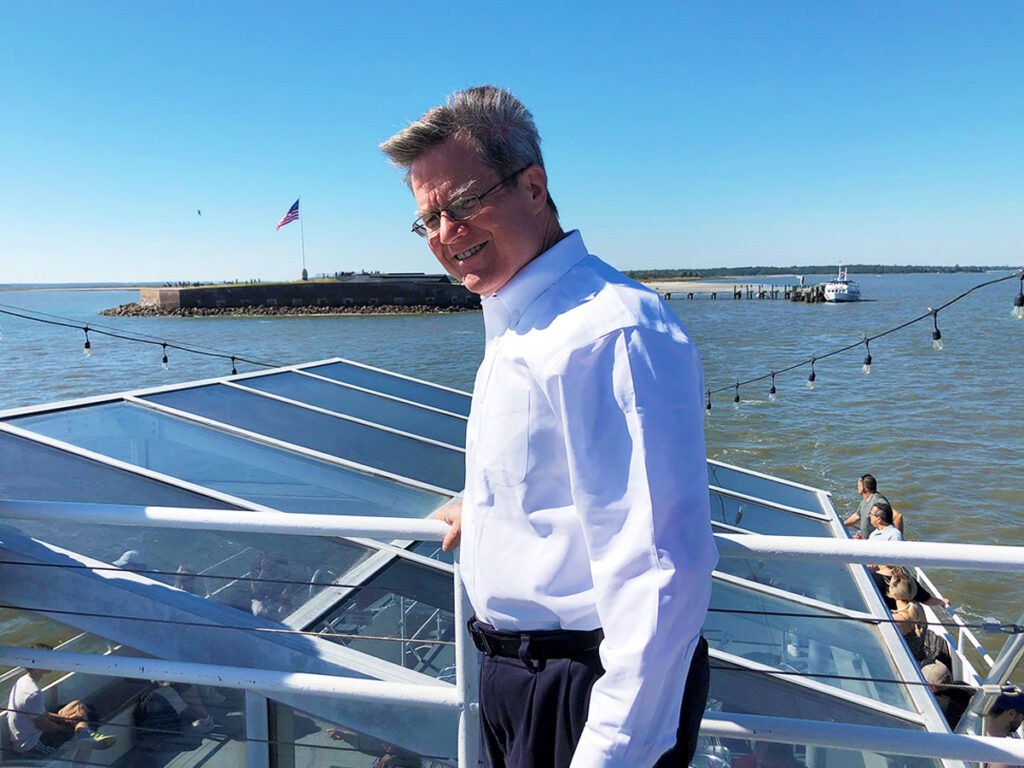
Can you share how your upbringing influenced your career choices? Were there specific experiences during your childhood or education that shaped your interest in both medicine and law?
I am the son of one doctor and the nephew of another. My father was a true GP: he completed a rotating internship, and then hung out his shingle. He saw newborn babies and frail seniors and everybody in between. Some of his patients were well off, but many were not. It was not unusual for him to be paid with a bushel of York (Pa.) County peaches, or venison from a deer that a patient had shot while hunting. But the patients got the care they needed, while keeping their dignity by paying the doc, and we ate well. More powerful, for me, was Dad’s decision, when I was a freshman in college, to give up the practice he had built over the previous twenty years to do a fellowship in cardiology. He managed to persuade whoever decides such things that a couple of decades as a GP in a small town was equivalent to a medicine residency, and off he went to learn the subspecialty. It occurred to me that a profession that could induce a man to make such a switch at such a stage in life was one I should delve into more deeply.
I had no such close ties to the legal profession. What I did have was some capacity for using words effectively, a passion for debate, a love of reading and learning, and, as noted, a desire to excel. I am not sure it qualifies as part of my “upbringing,” my childhood reading played a role. I vividly recall my intense admiration for John Adams, after reading, in second grade, a biography recounting how in the face of massive public condemnation he had defended the British soldiers after the Boston Massacre. In another example, seeing Robert Bolt’s A Man for All Seasons a few years later triggered the start of my reverence for the rule of law and my profound respect for courageous lawyers who, even at peril of their very lives, have stood up for their beliefs.
In college, I was a science major, but not because of my scientific gifts. On the contrary: the decision was wholly pragmatic. When I arrived, I asked which department had the best batting average for med school applicants. The answer: chemistry. My reply: “OK, then, I am a chemistry major.” But English, or history, or the liberal arts more generally would have been a better fit for my natural inclinations, and I saw law as a way to pursue them, however indirectly.
07
Reflections and Legacy
What has been the most rewarding aspect of your career, and how do you hope to be remembered in both fields?
I have much to be thankful for; this is not an easy question to answer. Certainly one source of satisfaction is the variety of services I have been able to provide-from delivering babies to trying cases to verdict; from minor surgery to crafting agreements that allow a start-up company to grow and flourish. Then too, I have had ample opportunity to work with language. I have always loved words, and the very idea of words; it’s not an exaggeration to say I am in the word business. The most rewarding aspect of my career, however, has probably been the opportunity to grow and learn throughout. It is beyond the capacity of any human, certainly this one, to master all the nooks and crannies of either profession, never mind both. But the effort is the reward.
If you could pass on one piece of advice to the next generation of doctors and lawyers, what would it be?
I would quote Robert E. Lee, without whom my college would not have survived the Civil War:
Duty is the sublimest word in the language; you can never do more than your duty; you shall never wish to do less.
08
Future Plans
What are your current plans or goals, both professionally and personally? Are there new challenges or areas you’re looking to explore?
I hope to continue to practice law as long as my health and capabilities permit me to help clients effectively. It is a source of intriguing problems for intellectual exercise, an opportunity to use and hone my communication skills, and a way to pursue the goal of lifelong learning. They even pay me for it. But yes, there is another avenue I am pursuing. Along with my friend Joel Embry, a Florida real estate developer, I am trying to build a business we call Civic Telehealth. Civic’s mission to enable seniors to remain in their homes, where they nearly always prefer to live, as long as possible. We are trying to combine new urban and universal design principles with telehealth. New Urbanism is a theory of development emphasizing walkable, mixed-use communities; universal design is a way to build structures mindful of the chance that those using them might, over time, become less stable or more visually limited or otherwise less robust than they were at closing. It’s fun for this old dog to learn some new tricks, by pursuing an activity unlike any I have previously tried.
09
Direction for NexBioHealth
As the Editor-in-Chief of NexBioHealth, what is your vision for the magazine? What direction do you hope to take it in, and what impact do you hope it will have on its readers?
I hope that NexBioHealth will provide lively, engaging articles for young physicians and med students, to help them identify and pursue the goals best for them. It is a great gift to be able to earn a living while engaging in activities that are intellectually invigorating and personally fulfilling, and I hope NexBioHealth can help doctors-in-the making identify ways to do so.

